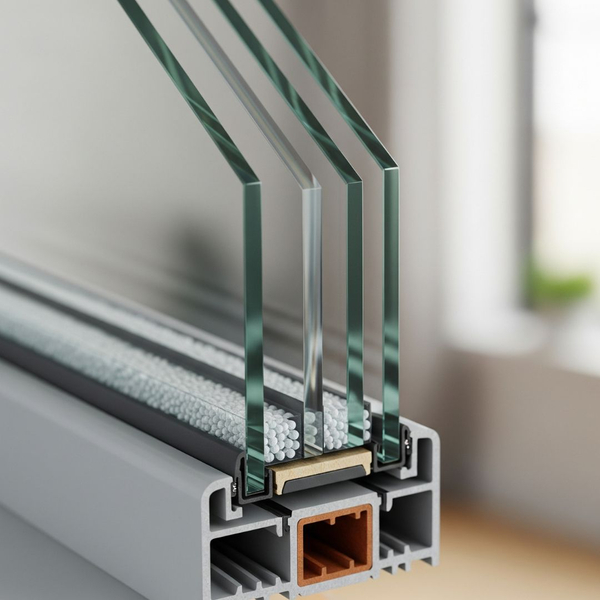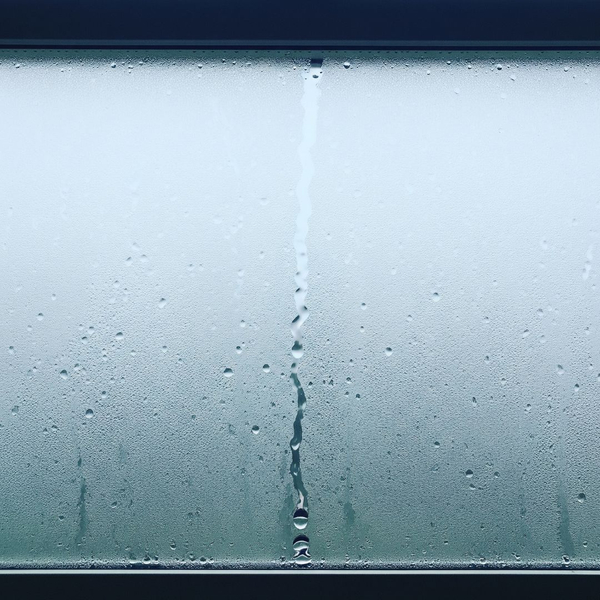Insulated glass, also known as an insulated glass unit (IGU) or double-pane glass, is a standard feature in most modern homes for a very good reason. It plays a crucial role in your home's energy efficiency, comfort, and noise levels. Understanding how it works helps homeowners make informed decisions when it comes to window maintenance and repair.
What is Insulated Glass and Why Does It Matter for Your Home?
What is Insulated Glass and Why Does It Matter for Your Home?

How Does Insulated Glass Work?
An insulated glass unit consists of two or more panes of glass separated by a spacer and hermetically sealed. The space between the panes is filled with air or an inert gas, like argon, which is a poor conductor of heat. This construction creates a thermal barrier that significantly reduces heat transfer through the window.

The Key Benefits of Insulated Glass
The primary benefit of insulated glass is improved energy efficiency. By preventing heat from escaping in the winter and entering in the summer, it helps lower your energy bills. Additionally, these units offer excellent sound insulation, reducing outside noise for a quieter home. They also minimize condensation buildup on the interior surface of your windows.

Signs Your Insulated Glass is Failing
The most common sign of a failed insulated glass unit is a foggy or hazy appearance between the glass panes. You might also notice moisture or condensation trapped where you can’t wipe it away. This occurs when the hermetic seal breaks, allowing moisture-laden air to enter the space, indicating a need for a professional

Repairing vs. Replacing Failed Insulated Glass
When an IGU fails, many homeowners assume they need an expensive full window replacement. However, that’s often not the case. We specialize in
A foggy window doesn't have to mean a costly overhaul. Understanding that the glass unit can be replaced independently is key to an affordable solution. If you've noticed condensation between your window panes, we can help. At

